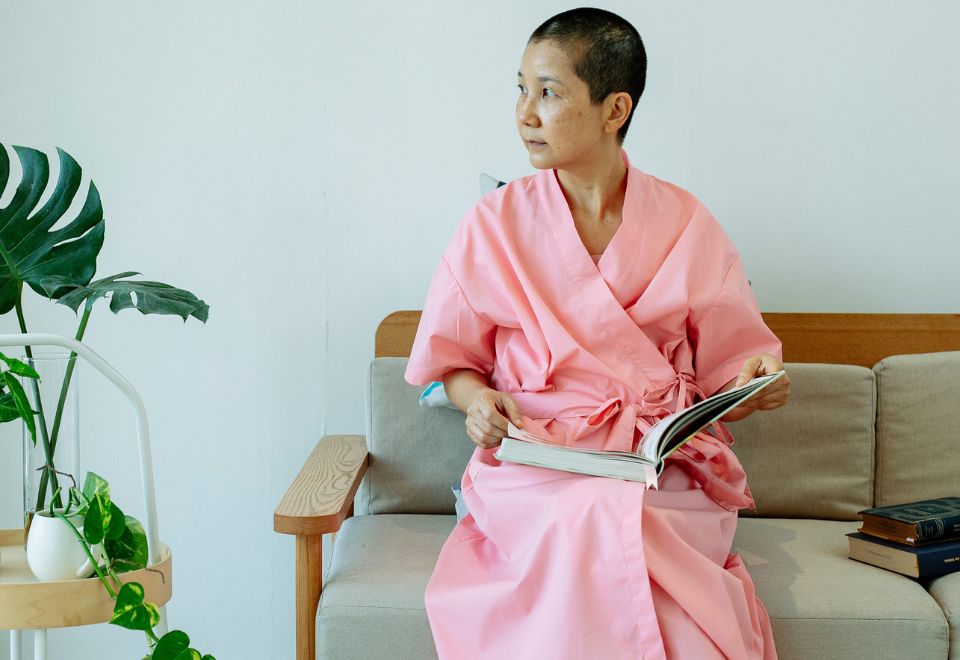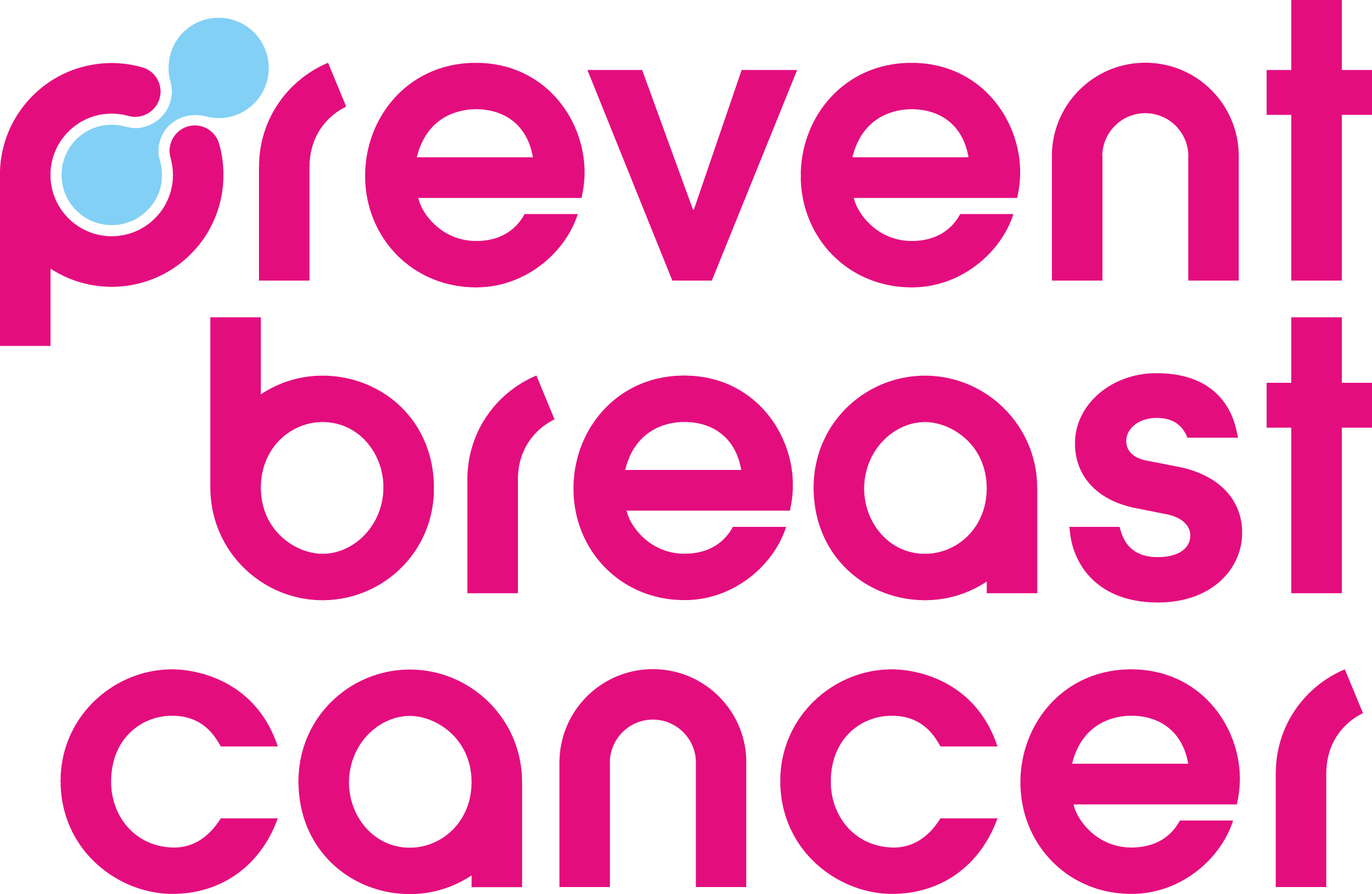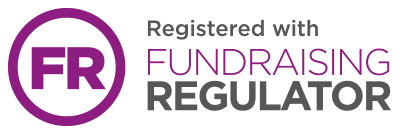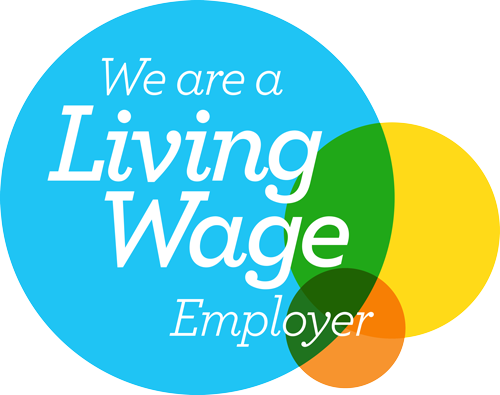A recent breast cancer report published by Breast Cancer Now predicts the cost of the disease to the UK economy could reach £3.6 billion by 2034, a 40% rise compared to current estimates of £2.6 – £2.8 billion in 2024.
The report also looks at the human cost of breast cancer. Coined the ‘wellbeing cost’ by the charity, it refers to the wider impacts of breast cancer, including expenses incurred through reduced quality of life and the impact on carers, partners and children. They estimate these often-unexposed costs currently stand at £17.5 billion.
Their Solutions
• By increasing breast screening uptake, they estimate this will save the economy between £96 and £111 million and around £1.2 billion in wellbeing costs by 2034.
• By making sure everyone diagnosed has a clinical nurse specialist, which would save the NHS over £118 million and around £312 million in wellbeing costs.
• By helping more people return to work, which in turn will save economy £328 -£411 million by 2034.
Prevent Breast Cancer’s response to the report
As much as we welcome this report, as a charity, our purpose is to create a future free from breast cancer, where there is no before or after diagnosis. In our future, we envision a world where people are spared from ever experiencing breast cancer full stop, where nurse specialists and having to return to work after a diagnosis aren’t common things. This is why Prevent Breast Cancer exists and why we’re entirely dedicated to funding research aimed solely at predicting and preventing breast cancer.
We do however agree with their stance on breast screening uptake as we promote early diagnosis and screening as part of our strategy. However, this has its own implications, and we question how uptake can be increased due to the current workforce shortages.
Indeed, current figures show that almost 15% of breast radiologist and radiographic posts are vacant nationally, and by next year, 38% of breast radiologists, 49% of breast clinicians and 40% of the doctors are expected to retire.
Due to a lack of radiologists, several breast centres across the country have already had to close, which has also resulted in research suffering due to the lack of appropriate space for the remaining centres to participate in vital research studies. There are also inadequate training facilities to train the next generation of breast imaging staff.
Our number one priority
This is why our number one priority is to build a National Breast Imaging Academy (NBIA), an extension of The Nightingale Centre and Prevent Breast Cancer Research Unit at Wythenshawe Hospital, which will provide a national solution to the breast imaging workforce crisis.
This life-saving building will deliver the space and cutting-edge facilities to train a sustainable workforce, which will help breast services across the country and will provide additional capacity for research into breast cancer diagnosis and treatment. Regionally, the building will also enable an extra 13,000 patients to be seen each year.
The NBIA is the vision of Dr Mary Wilson, a consultant radiologist at The Nightingale Centre, who recognised there was a looming problem related to these workforce shortages:
It’s so important we invest in a building workforce to provide diagnostic services for the future. By training at least 50 new specialists every year, we can protect the future of breast services in the UK.
Latest breast screening statistics
January also saw the publication of the latest breast screening statistics in England for 2022-2023, which showed that despite a slight increase in women attending screenings last year, over a third of women did not attend their appointment following an invitation. Indeed, out of the 2.98 million women invited to book a screening, 35.4% did not attend. This increased to 46.3% in the context of women who were being invited for their first ever mammogram.
As a charity who promotes screening and early diagnosis, we were alarmed by these figures and join with NHS England in calling for women to come forward for breast screening when invited.
Dr Louise Wilkinson, Consultant Radiologist and National Specialist Advisor for Breast Screening at NHS England, said:
Today’s figures show that 18,942 women were diagnosed and able to seek treatment because they attended breast screening check-ups last year. We know that lives are saved when cancers are caught early. I know life gets busy, but I would urge anyone who has received a breast screening invitation – even if you received the invite weeks or months ago – to put your health at the top of your to-do list and book an appointment at your local screening service or mobile unit. It could save your life.
These thoughts are echoed by Prevent Breast Cancer founder and Honorary Chairman, Lester Barr:
Going for regular mammograms is a hugely important part of breast cancer prevention for women between the ages of 50 and 70. Millions of women every year receive this life-saving service, which helps to catch tens of thousands of breast cancers in their earliest stages when they are infinitely more treatable.
As many strides as we take forward as a charity, it’s apparent there is still so much more to be done to protect our future generations and create a future free from breast cancer.
Find out more about the urgent need for the National Breast Imaging Academy.
We also have lots of great information available about breast screening, including a great video explaining what actually happens when you go for your mammogram, plus information about our current research projects.
About Prevent Breast Cancer
Prevent Breast Cancer is the only UK charity entirely dedicated to the prediction and prevention of breast cancer – we’re committed to freeing the world from the disease altogether. Unlike many cancer charities, we’re focused on preventing, rather than curing. Promoting early diagnosis, screening and lifestyle changes, we believe we can stop the problem before it starts. And being situated at the only breast cancer prevention centre in the UK, we’re right at the front-line in the fight against the disease. Join us today and help us create a future free from breast cancer. If you have any questions or concerns, email us today.




